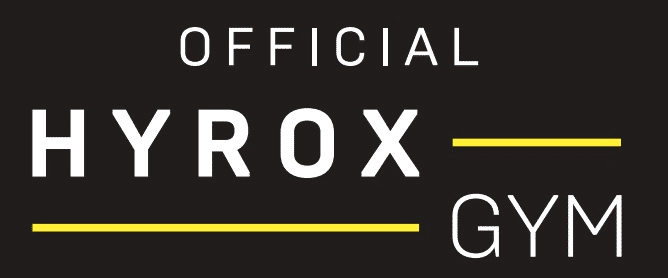Fasting, particularly, intermittent fasting has become a very common fad for those who are looking for the next method or regimen to try for their health and fitness goals. The idea of it seems simple enough: restricting the time window in which one consumes calories so that they may potentially restrict the amount of total calories consumed in a 24-hour time period.
Before going into the benefits and possible disadvantages of fasting, it’s important to understand a few things about fasting:
- “Fasting” simply means a period of time that one is not consuming calories
- “Intermittent fasting” implies that the fasting is not steady, but rather, irregular or inconsistent. For example, many follow a 12 hour fast, 12 hour eating window (12:12) to start, and may advance to a 16:8, with a longer fasting window of 16 hours, on a daily basis. Some may even consider a full, 24 hour day fast once every couple of months
- Fasting is a stressor on our body; going periods without food causes stress, however that does not necessarily mean a stress is good or bad, but it can have varying effects based on several factors of an individual’s health and current stress levels
Fasting can have benefits and disadvantages, and there is no one “right answer” for someone who is asking “Should I fast?”
How can fasting impact my body composition?
Benefits:
- Implementing intermittent fasting will limit the feeding window in which someone consumes calories, which typically puts a person at a calorie deficit if they are consuming less calories than they normally would during the day.
- Fasting can promote fat burn at rest. Typically, our bodies will use up fat stores as energy when our bodies are at rest, and use up carbohydrate (glycogen) stores when we are active. Longer periods of time fasting and at rest may promote the decrease of body fat.
Disadvantages:
- The body does not oxidize fat when someone is starving or chronically or severely under-eating; it begins to breakdown muscle mass stores. Going too long without eating or under-eating severely can raise stress in the body which raises the hormone cortisol. Elevated cortisol levels can also cause increase irregular blood sugar and insulin levels
Aside from my body composition, how else can fasting help me?
Benefits:
- Fasting can begin to improve hormone health with insulin sensitivity. As the body fasts, it will become more aware of when it is exposed to changes in blood sugar levels, allowing insulin to help regulate these changes
- Fasting can provide a sense of freedom for those who have felt overwhelmed by timing meals, or eating on a completely regimented structure. Missing a meal at the beginning of the day, or at night time can create a sense of relaxation for both the body and mind.
Disadvantages:
- Someone who may already be currently stressed out may be further stressed (physiologically) by fasting. Fasting may raise their cortisol levels even higher, and thus, creating the adverse effect of improving hormone health. Women especially, may be at risk for intermittent fasting during certain periods of their menstrual cycle. During the leutal phase, their hormone imbalances may heighten cortisol further, especially when either fasting, under general distress, or exercising vigorously.
- For those who may have a history of a diagnosed eating disorder, or someone who may have had tendencies of an undiagnosed eating disorder, intermittent fasting may create more obsessions over food rules, and further create physiological and mental stress on the body that does more harm than good.
Overall, there is no one right answer for whether or not fasting is right for you. As always, it’s important to consult a medical professional when considering your health. At CrossFit Des Plaines, we offer in house nutrition coaching consultations and can offer general advice. If you’re looking to alter medical conditions, or seek treatment, please consult your medical professional.




